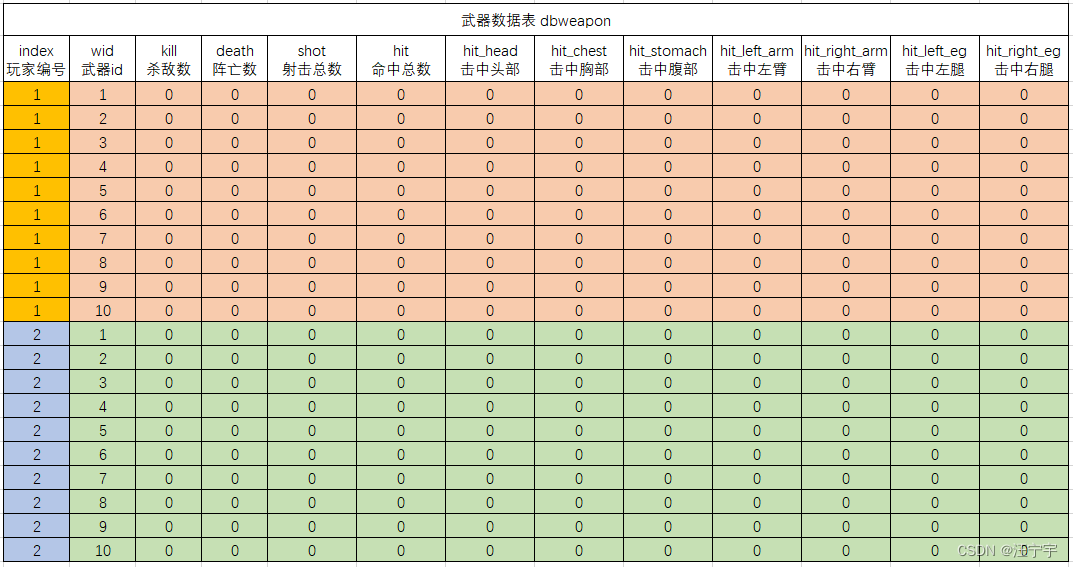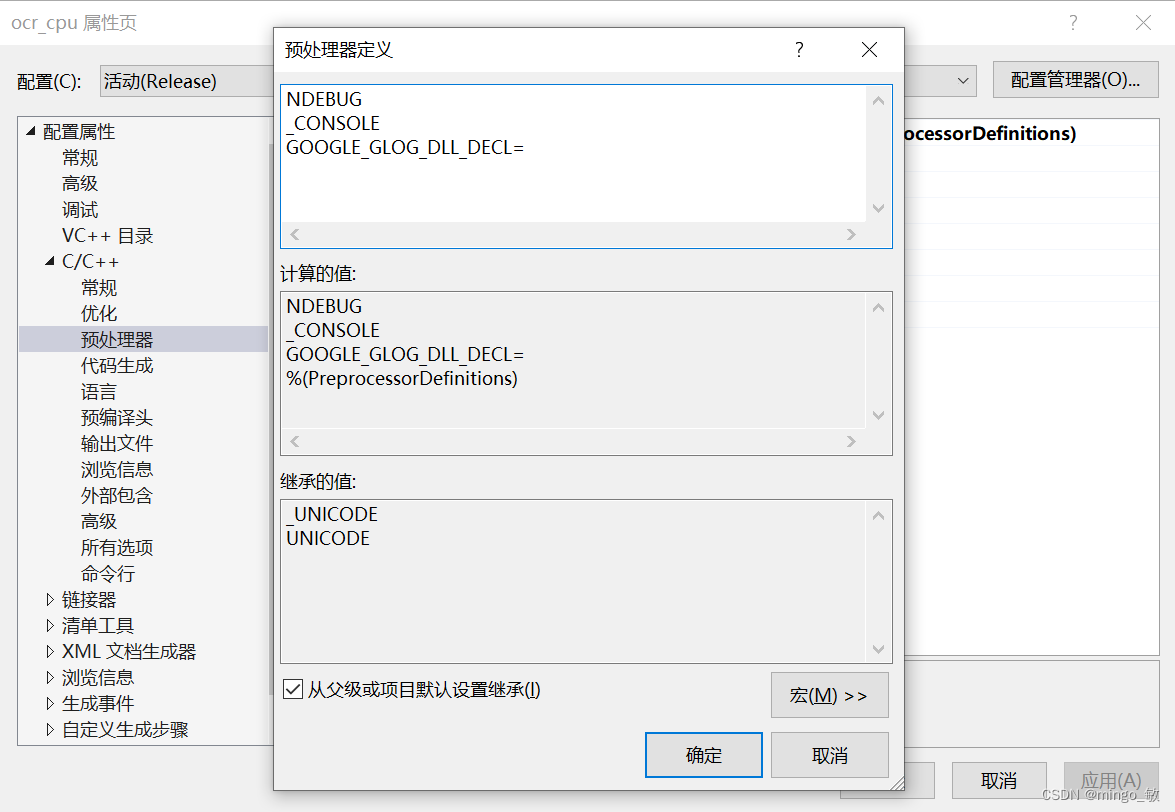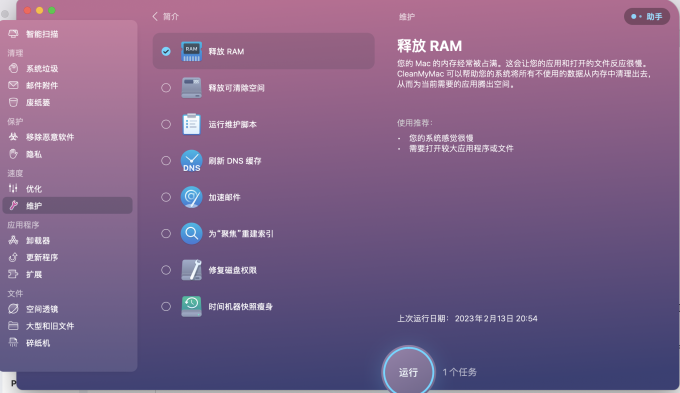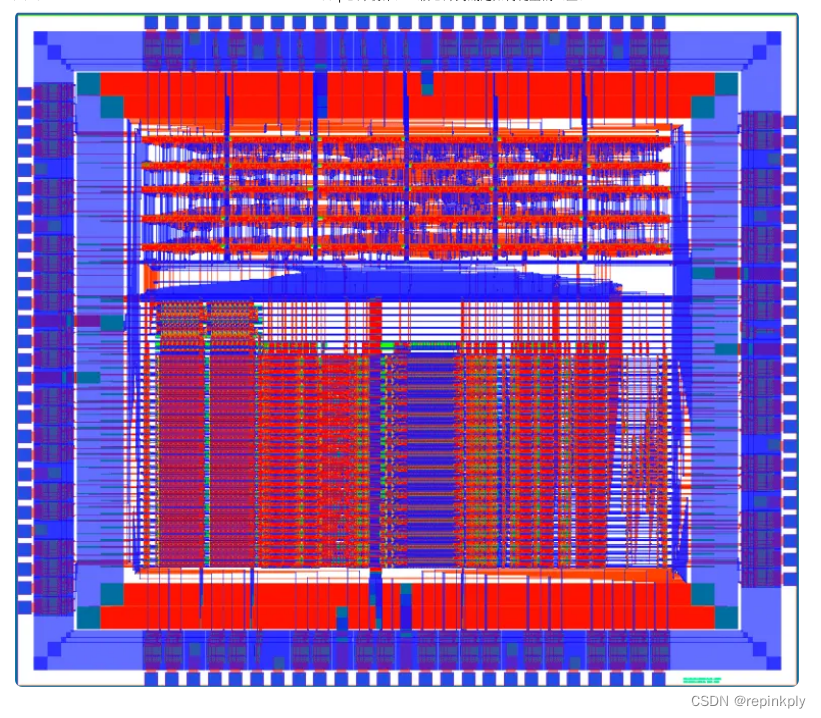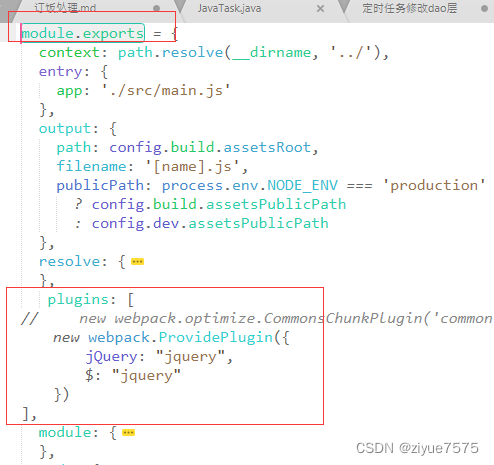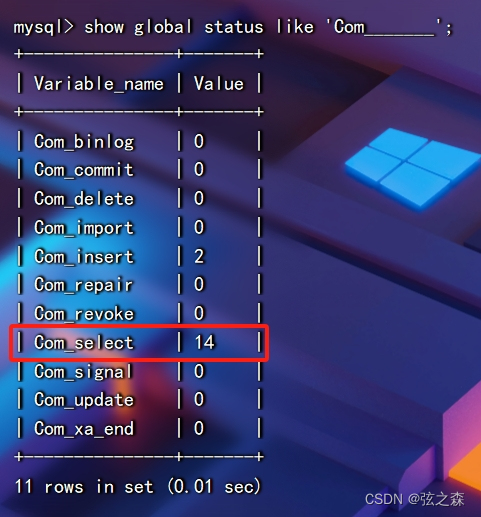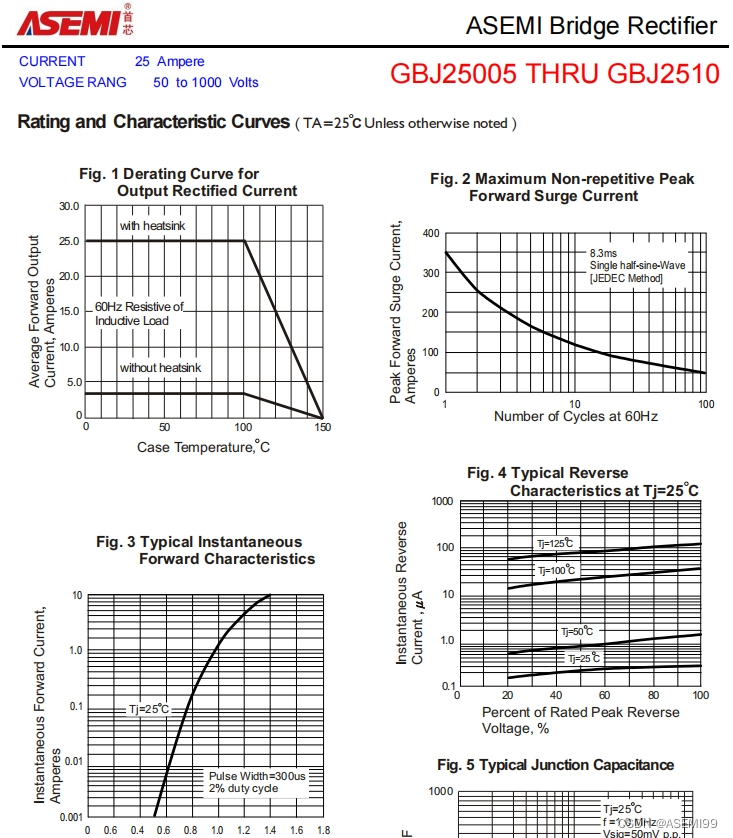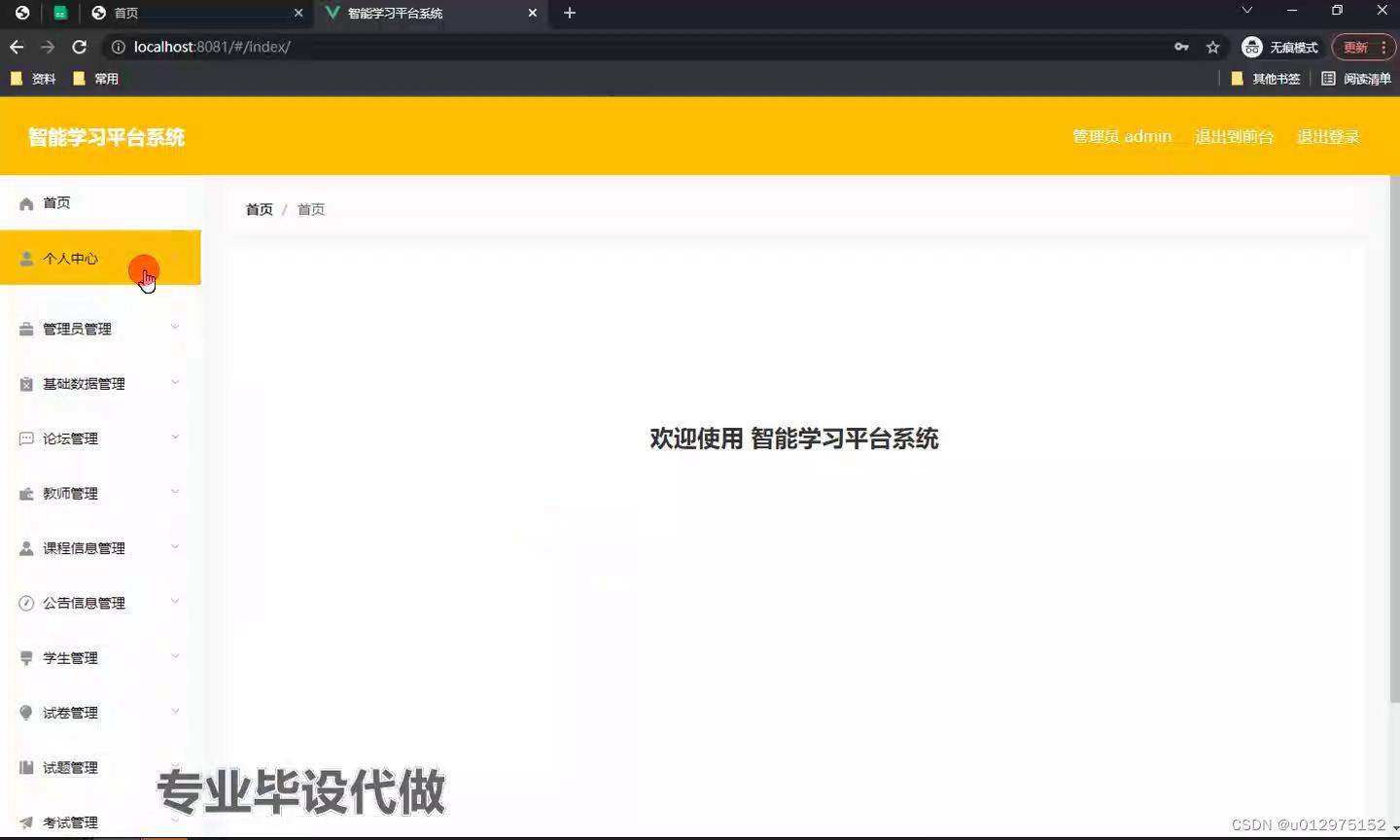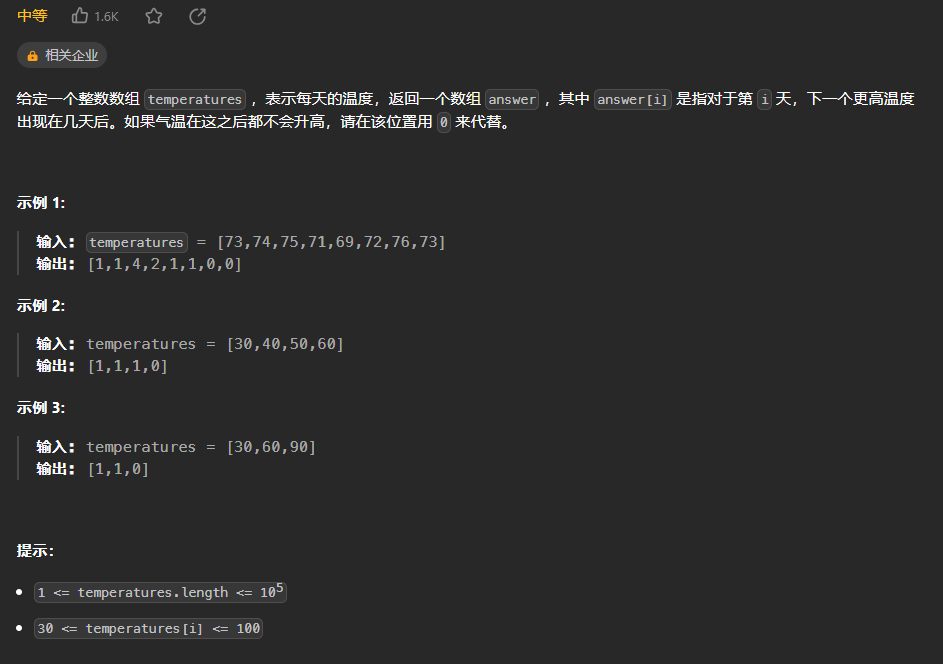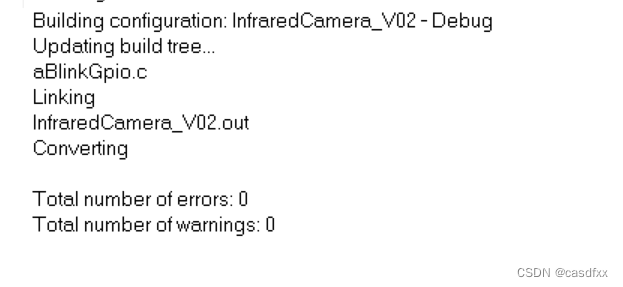
栈可以用来使用四则运算,是一个稍微有点复杂的题目,去学习了一下用栈实现四则运算的原理,用C++实现了一下。首先要把常见的中缀表达式改成后缀表达式,然后通过后缀表达式计算,具体的原理可以参考这位博主的文章:C语言数据结构篇——用栈实现四则运算,在数和运算符之间都加入了空格来进行分隔,方便后续的提取有效数据处理。
代码还有优化的地方,先记录一下吧:
#include <iostream>
#include <string>
#include <stack>
using namespace std;
int getOperatorPriority(char &a)
{
int res;
if (a == '(')
res = 0;
else if (a == '+' || a == '-')
res = 1;
else if (a == '*' || a == '/')
res = 2;
else if (a == ')')
res = 3;
return res;
}
bool compareOperatorPriority(char &a, char &b)
{
int a_res = getOperatorPriority(a);
int b_res = getOperatorPriority(b);
return a_res >= b_res;
}
string createBackSeq(string &str)
{
stack<char> sak;
string str2;
int seen = 0;
int p = 0;
for (int i = 0; i != str.size(); ++i)
{
if (isdigit(str[i]))
{
str2.append(str.substr(i, 1));
if ((i + 1 != str.size() && !isdigit(str[i + 1])) || i == str.size() - 1)
str2.append(" ");
}
else
{
if (sak.empty())
{
if (str[i] == '(')
seen += 1;
sak.push(str[i]);
}
else if (str[i] == ')')
{
if (seen != 0)
{
while (sak.top() != '(')
{
str2 += sak.top();
str2.append(" ");
sak.pop();
}
sak.pop();
seen--;
}
else
throw std::invalid_argument("No left bracket match!");
}
else
{
if (compareOperatorPriority(sak.top(), str[i]))
{
if (str[i] == '(')
{
seen++;
sak.push(str[i]);
}
else
{
str2 += sak.top();
str2.append(" ");
sak.pop();
sak.push(str[i]);
}
}
else
{
sak.push(str[i]);
}
}
}
}
while (!sak.empty())
{
if (seen != 0)
throw invalid_argument("too many left barckets!");
str2 += sak.top();
str2.append(" ");
sak.pop();
}
return str2;
}
int calculate(string &str)
{
size_t pos1 = 0;
size_t pos2 = 0;
stack<int> b;
while (pos2 != string::npos)
{
pos1 = str.find_first_not_of(' ', pos1);
pos2 = str.find_first_of(' ', pos2);
if (pos2 != string::npos)
{
string temp = str.substr(pos1, pos2 - pos1);
if (temp.find_first_not_of("0123456789") == string::npos)
b.push(stoi(temp));
else
{
if (b.size() < 2)
throw std::invalid_argument("too many symbols");
int right = b.top();
b.pop();
int left = b.top();
b.pop();
int res;
if (temp == "+")
res = left + right;
else if (temp == "*")
res = left * right;
else if (temp == "-")
res = left - right;
else if (temp == "/")
{
if (right == 0)
throw std::invalid_argument("Divided by zero.");
res = left / right;
}
b.push(res);
}
pos2 += 1;
pos1 = pos2;
}
}
return b.top();
}
int main()
{
string str;
string str2;
str = "22*(1+2)-(3*4)/(2*1)";
str2 = createBackSeq(str);
cout << str2 << endl;
cout << calculate(str2) << endl;
str = "1+3*(2++5)";
str2 = createBackSeq(str);
cout << str2 << endl;
cout << calculate(str2) << endl;
return 0;
}
测试:
input :
22*(1+2)-(3*4)/(2*1)
output :
22 1 2 + * 3 4 * 2 1 * / -
60
input :
1+3*(2+5)
output :
1 3 2 5 + * +
22
input :
1+3*((2+5)
output :terminate called after throwing an instance of 'std::invalid_argument' what(): too many left barckets!
input :
1+3*(2+5))
output :terminate called after throwing an instance of 'std::invalid_argument' what(): No left bracket match!
input :
1+3*(2+5)/0
output :
1 3 2 5 + * 0 / +
terminate called after throwing an instance of 'std::invalid_argument' what(): Divided by zero.
input :
1+3*(2++5)
output :
1 3 2 + 5 + * +
terminate called after throwing an instance of 'std::invalid_argument' what(): too many symbols.
参考:
- 《C++ Primer》

